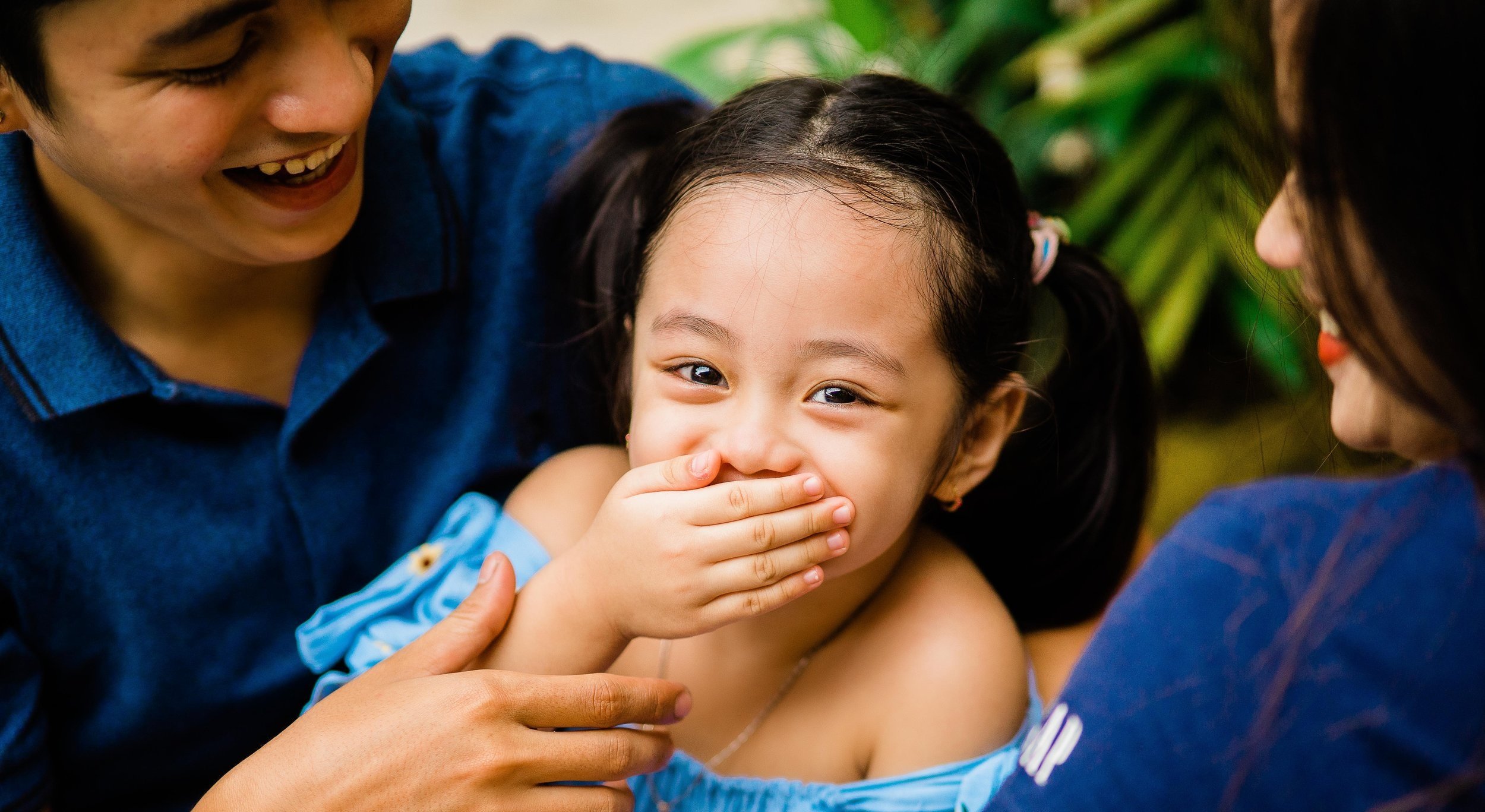
Educational
Cancer’s Impact on Families
96% of parents or caregivers of children with cancers felt lonely or isolated following their child's diagnosis, while 79% said they felt left out of normal life.
Almost all parents felt overwhelmed and a sense of grief at the loss of 'normal' family life. Over half of the respondents said they were given no information or help on how to cope with emotional distress and shock at diagnosis.
Almost half of parents (47%) said that their child had grown apart from friends because of their cancer diagnosis, leading to isolation.
Treatment often occurs in specialist treatment centers many miles from home, sometimes leading to children being separated from friends and family for long periods of time.
It can be difficult for children with cancer to continue with social activities with their family and friends, particularly when time is spent away from home. This can lead to poorly developed interpersonal skills, feeling isolated, and can be a cause of low self esteem.
There are often many visible side effects to treatment such as hair loss and weight gain (due to steroid treatment) that can result in low self-esteem.
Some childhood and adolescent cancer patients and survivors may be at risk for bullying because they appear or act differently due to the effect of their disease or treatment. Children and adolescents who have or have had cancer are much more likely (more than 60%) to face bullying than their healthy classmates.
A diagnosis of childhood cancer has a destructive impact on the emotional health and wellbeing of the whole family, both during and after treatment. Truly, there "no health without mental health" and the psychological wellbeing of children with cancer and their families is crucial to a holistic model of care.
Funds raised for cancer research and support should be used to also research therapies and interventions that benefit those affected by cancer, empowering children, and their families to reach their full potential.
Below are a few ways that childhood cancer impacts families:
A cancer diagnosis can also affect siblings, leading to friction when the family routine revolves around the ill child. Siblings may also experience post-traumatic stress symptoms, increased negative emotions, and a poorer quality of life in emotional, family, and social domains.
